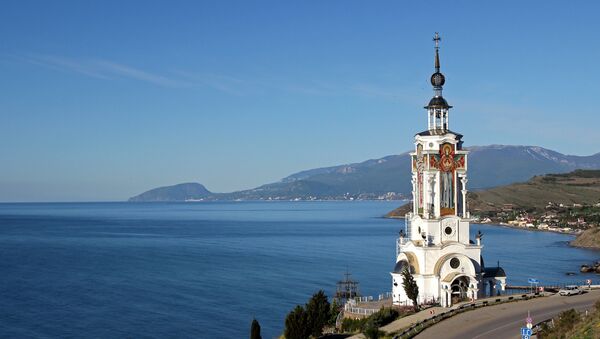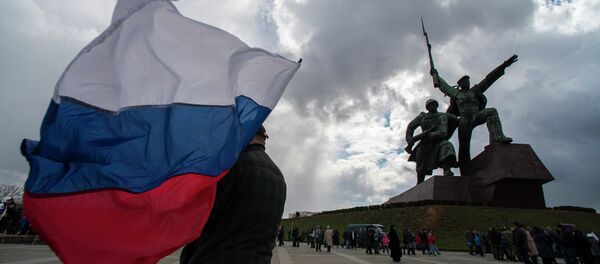"If the 'autonomous region of Kosovo' has a right to choose its future, then there can be no legal grounds to strip the 'autonomous republic of Crimea' of this right," the daily noted, accusing the West and the Dutch media of double standards.
The Dutch media outlets, according to the evening newspaper, are largely uniform in their anti-Russian stance and fail to understand that Crimea's reunification with Russia did not happen in a vacuum.
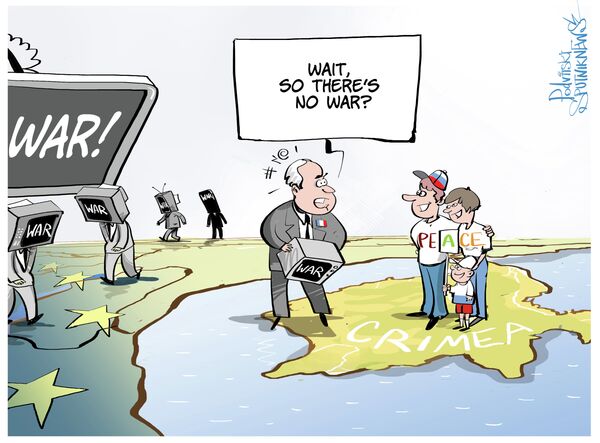
The Black Sea peninsula called a referendum following a bloody uprising in Kiev, hailed by the Western governments as a "democratic revolution," although there was nothing democratic about it. After all, "forceful ousting of an elected president amounts to a coup," the daily observed.
In March 2014, more than 96 percent of Crimeans voted in favor of splitting with Ukraine and joining Russia.
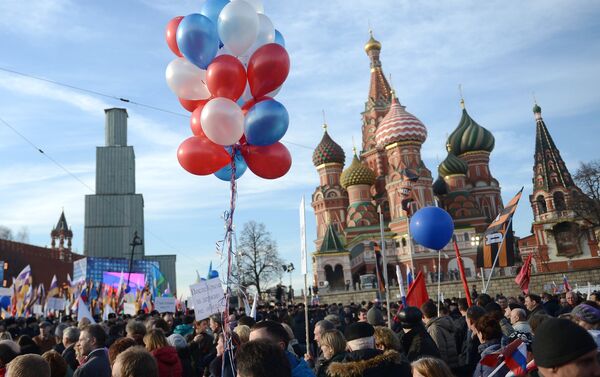
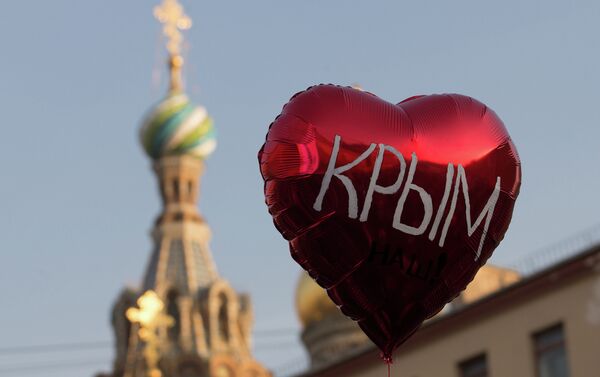
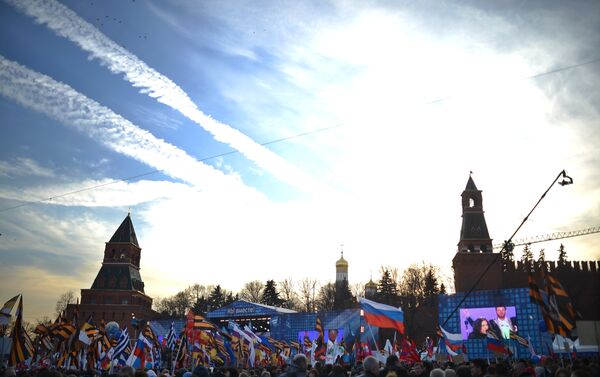
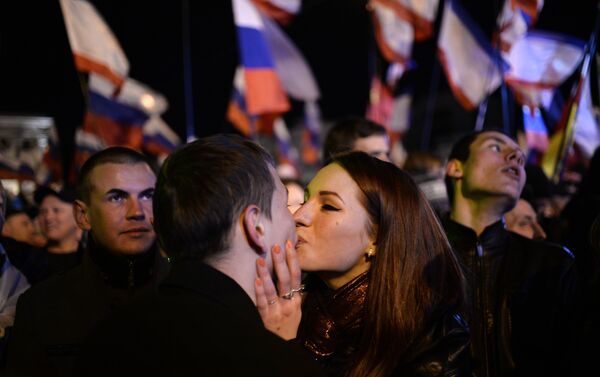
The day of the vote turned into a "national celebration" for the locals, NRC Handelsblad said. Indeed, not only did the overall majority of ethnic Russians opt for the reunification deal; members of ethnic minorities also voiced their support.
In 2010, the International Court of Justice based in the Hague "seriously limited the principle of territorial integrity. Kosovo's declaration of independence was found to be legal," paving the way for other regions around the world to follow suit, the newspaper observed.
"Why does the West then deny those living in Abkhazia and South Ossetia or Donetsk and Lugansk the right to self-determination declared through a national vote?" the newspaper asked.
According to the NRC Handelsblad, new borders will appear and the United Nations should get on top of the process and work out appropriate rules and procedures.
